Scarce Resources, Scarce Wisdom
ScienceNow Daily News (Oct. 22, 2007) reports that “A high-flying world economy is pumping out the [CO2] gas at an unprecedented rate.” The annual increase of carbon concentrations has reached 1.93 parts per million, “the fastest rate of buildup since monitoring activities began in 1959.” This despite Al Gore’s Oscar, despite the Nobel Peace Prize shared by Al Gore and the IPCC, despite the green advertisements and all the media attention global warming has received. Even the industrial countries of Japan and Europe, although far ahead of the United States in awareness and policy, have not come close to reckoning with their footprint. Nor have the “green” Hollywood and rock star celebrities with their large and many homes and jet set lifestyles. It is not because we do not have the technological or policy knowledge. It is because we do not have the will to change.
The cover story of the October 21 New York Times Magazine titled “The Future is Drying Up” alerts us to the possibility that the Eco-catastrophe is not exclusively a Third World problem. The American West –the driest part of our country – happens to also be the fastest growing. A drought several years in the making now has brought lake and reservoir levels down to half capacity. Or as the pessimists would say, they’re half empty. Given the effects of global warming and increased human consumption, it is likely that “normal” levels will not again be reached and that we have passed “peak water.” In the front page October 23 New York Times article “New to Being Dry, the South Struggles to Adapt” the more than year-long drought is described as the worst is Southeast history. Alabama and Georgia planners are already behind in providing enough water for their residents, and demand is expected to double in the next 30 years. Here, to—the paper reports—officials, homeowners and business have not shown the will to slow consumption.
We cannot intellectualize or manufacture will. It is an internal, voluntary process which arises organically with wisdom. Also thought of as maturity, consciousness and awareness—wisdom is the result of a developmental process according to the various psychologists including Piaget, Erikson and Gowan. Crises in an individual’s life often serve as springboards to new levels of awareness. The global crisis we as a species now face will likely serve as such a vehicle. The question becomes: Will we—collectively— mature fast enough to avert a complete eco-collapse and a human dieback?
Once in the throes of the maturation process, people will question many of the ersatz wisdoms we now take for granted, particularly those regarding lifestyle, work, advertising, business and consumption. Voluntarily and inspired by the ground-swell forces of culture, people will more often make wise, big-picture, long-range choices, such as having fewer children, consuming less, and choosing appropriate technologies and sustainable policies. What that society and world may look like we cannot say with certainty because—for most of us—seeing with those eyes is similar to asking a chimpanzee to visualize the double-helix DNA molecule turned on its side or asking a child to see the world through a parent’s eyes. It is a level of awareness that the less mature do not yet have. However, like the child we can develop—mature—into the wise human, the true Homo sapien.
